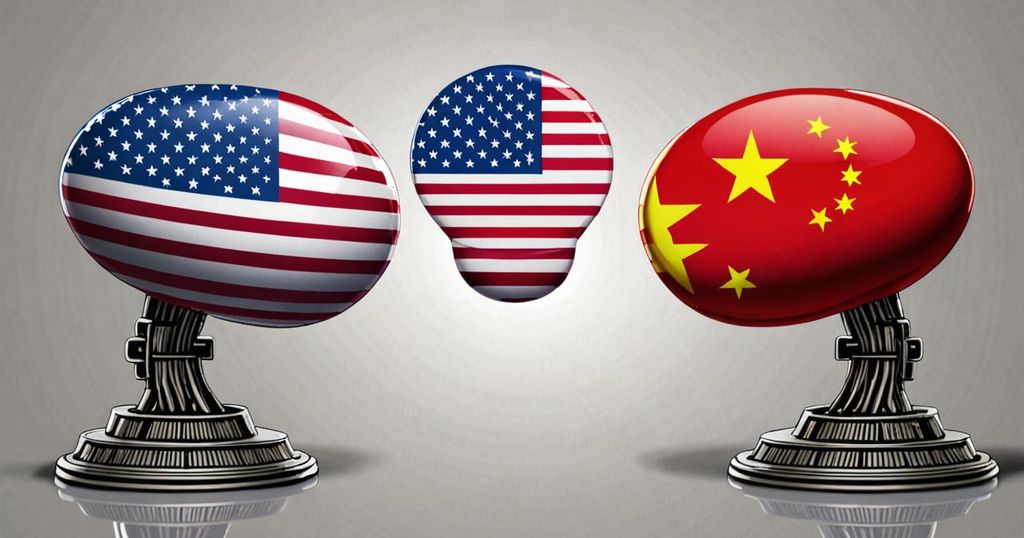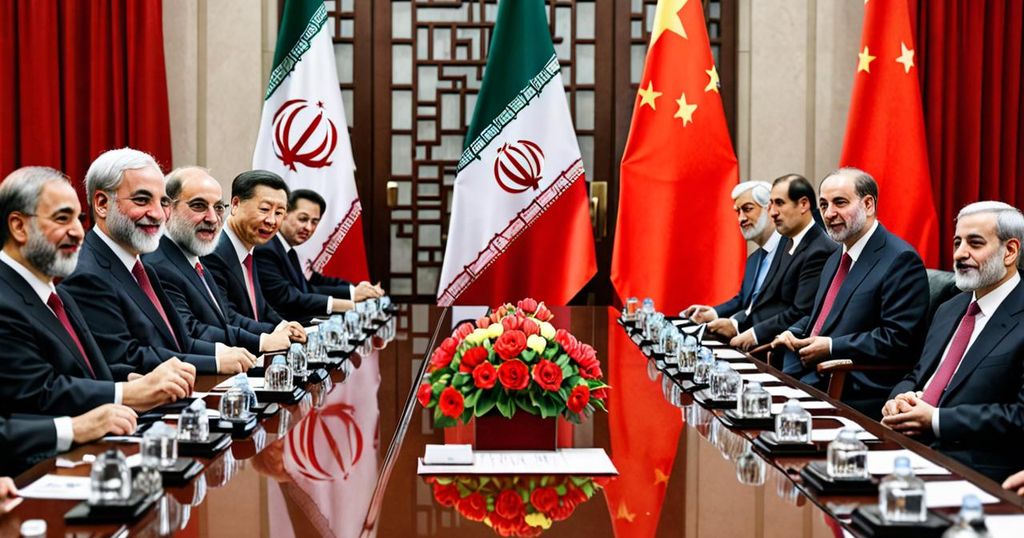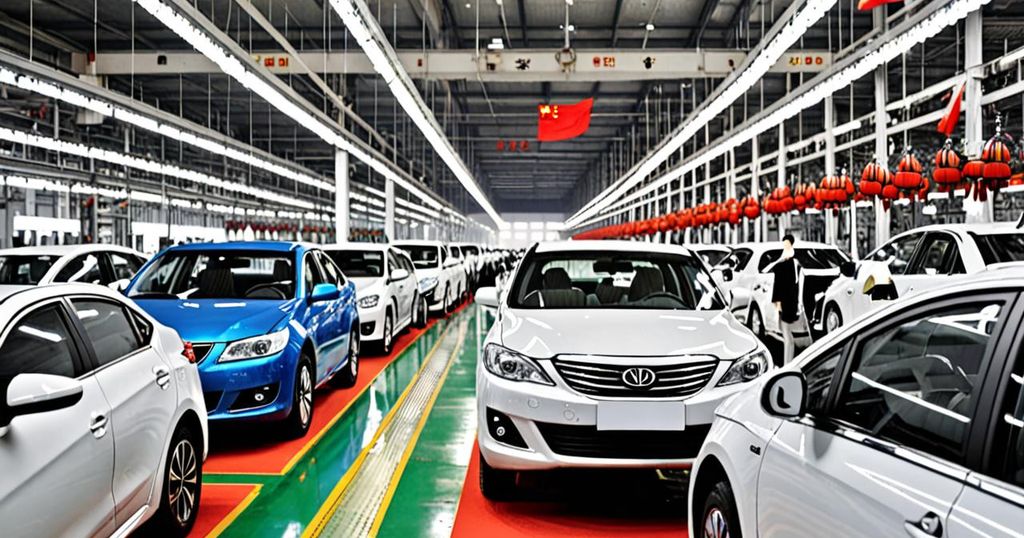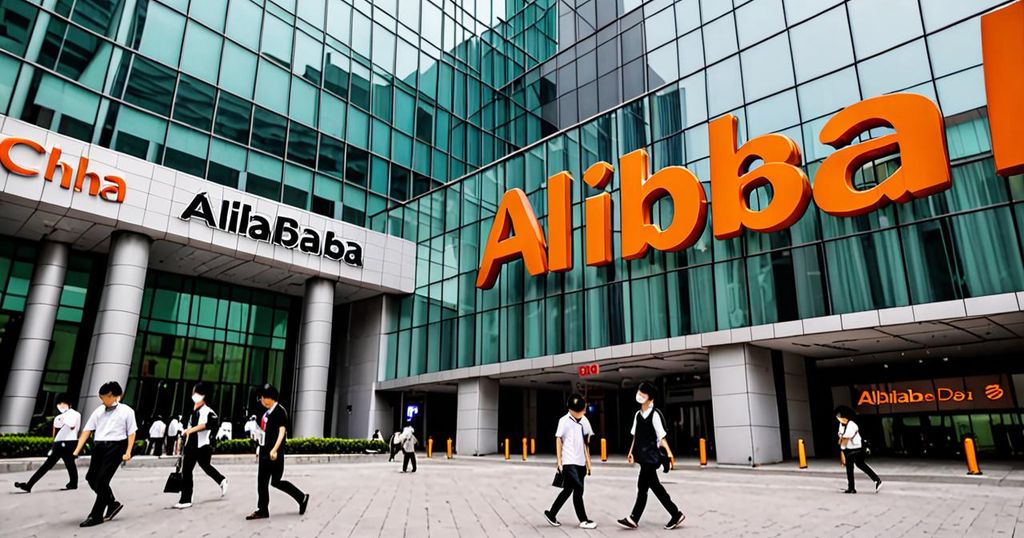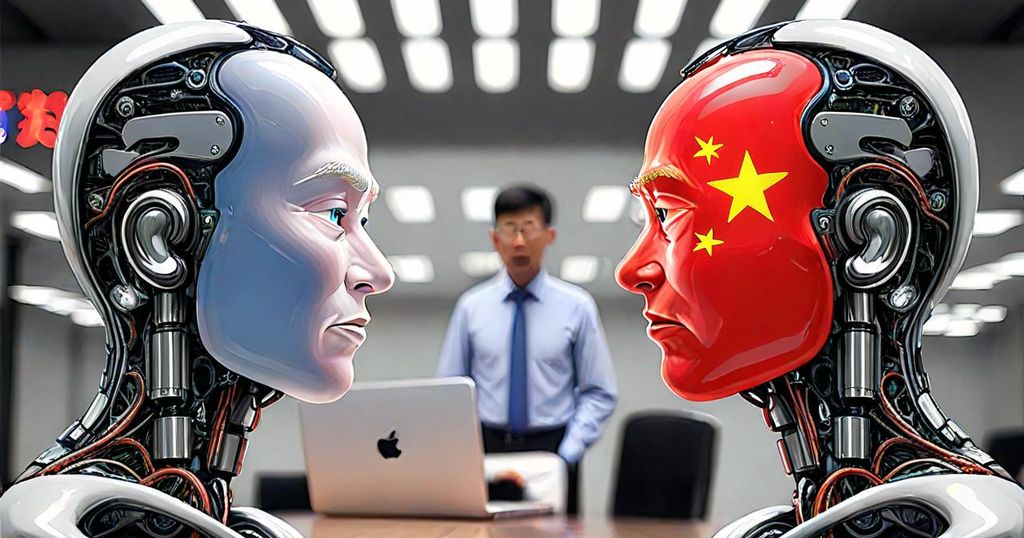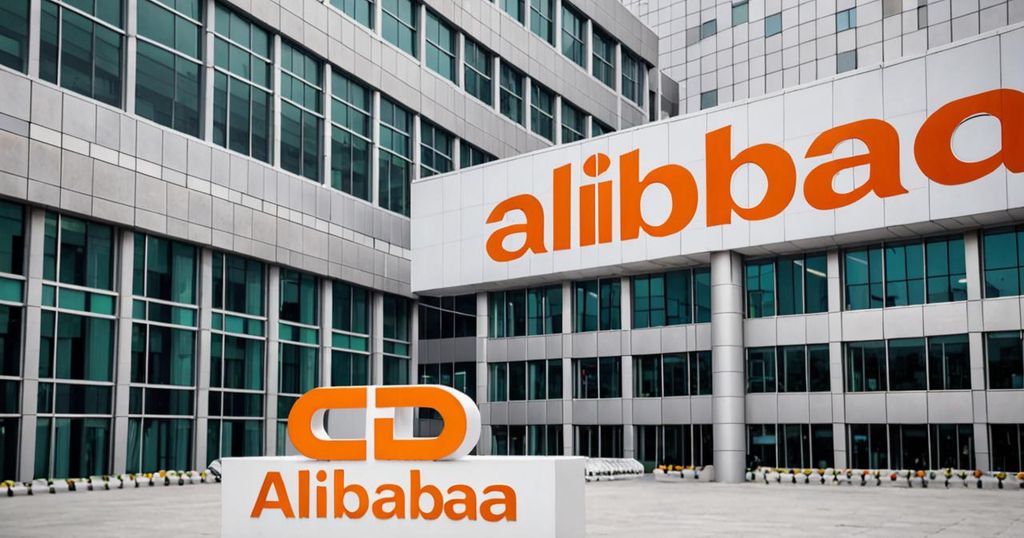In 2019, the Trump administration implemented a significant action by placing Huawei Technologies Co. on a blacklist due to concerns regarding espionage, leading to a substantial impact on the company’s global smartphone business. However, with the support of the Chinese government, Huawei has made a remarkable recovery and has emerged as a crucial participant in China’s endeavors to achieve technological self-reliance from the Western world.
This unexpected resurgence has prompted inquiries into the efficacy of US efforts to curtail China’s ascent on the global stage and the adequacy of measures taken thus far. It also raises questions about which of the two superpowers will ultimately establish dominance in crucial fields such as semiconductor design and artificial intelligence. In response to Huawei’s rehabilitation, officials in Washington are presently exploring avenues to rally their allies in a broader strategy to contain China and are considering the possibility of imposing further sanctions on Huawei and its Chinese counterparts.
The ramifications of these developments extend beyond the realm of technology, with far-reaching implications for the geopolitical landscape. The trade and technology conflict between the US and China has assumed a central role in international relations, with substantial repercussions for global economic and security considerations.
The United States is actively engaged in initiatives to counter China’s expanding influence, particularly in critical sectors such as 5G networks and advanced semiconductor technology. The US government is also pursuing the expansion of partnerships with other countries to construct a unified front against China’s technological advancement. Concurrently, they are contemplating the implementation of stricter sanctions aimed at restricting Huawei’s global outreach and its support from Chinese collaborators.
At present, the situation remains uncertain, and the ultimate outcome of this technology conflict is yet to be determined. However, it is evident that Huawei’s role has become a pivotal factor in shaping the trajectory of US-China relations and continues to be a focal point of strategic decision-making in both nations.
As the rivalry between the US and China continues to unfold, the global community attentively observes. The outcome of this competition will undoubtedly leave a lasting impact on the world economy and the future of technology. The significance of Huawei’s position in this conflict underscores the company’s pivotal role in shaping the technological landscape and emphasizes the urgency of developing effective, meticulously considered strategies to address this complex and evolving issue.



